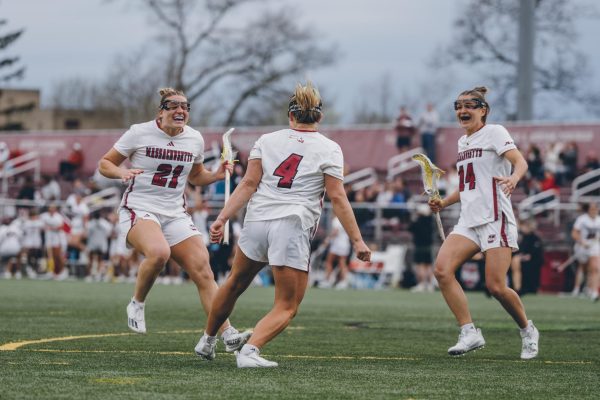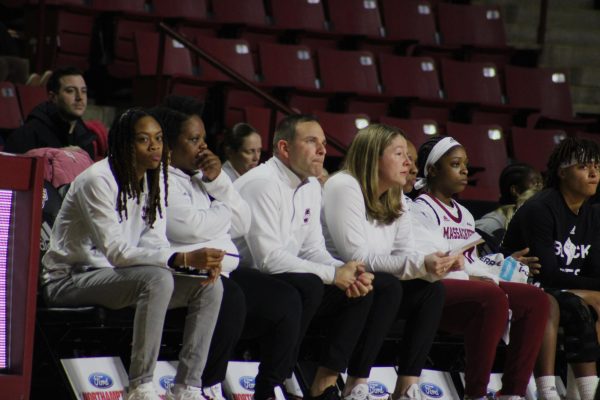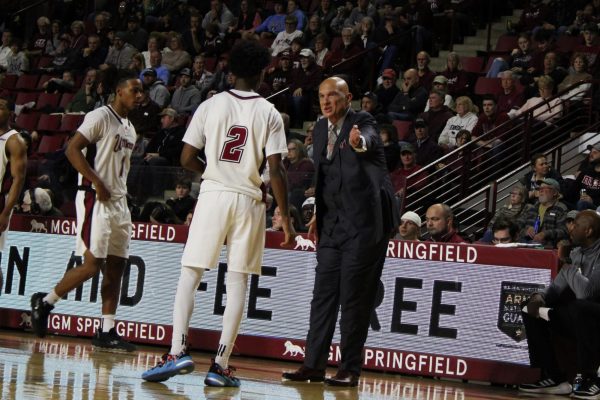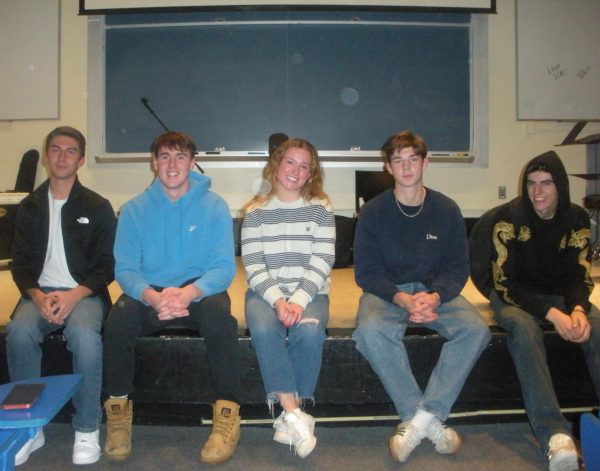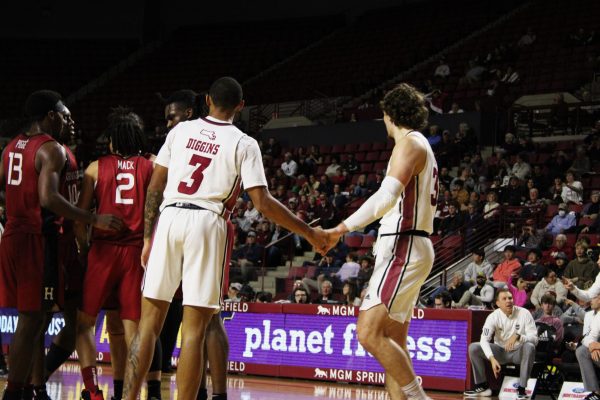It’s the law: Noise violations and open-containers
More stories from Patricia LeBoeuf
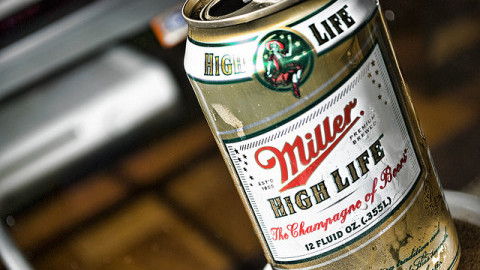
(adamvacancy/flickr)
Disclaimer: Although I am a dedicated student of the law, I’m not a lawyer. Please consult a qualified legal professional for specific legal advice.
Laws affect our everyday lives, but that doesn’t mean we always understand them.
Once we set foot in Amherst, we’re expected to understand the laws of the land, from leases and noise violations to public intoxication bylaws and housing codes. All too often, we have to figure out these laws on our own, in the midst of our busy lives.
But what do these things mean? And where should you start? That’s where I come in.
I’ll be using my love of the law and minimal social life to put together clear question-and-answer guides to the legal elements of your life.
This week, I tackled unlawful noise and open container violations in Amherst.
Q: I had a party with some friends at my off-campus apartment last week, and one of my neighbors called the cops. We weren’t even loud. Can they do that?
Actually, they can. The Amherst Town Bylaws forbid “excessive, unnecessary, or unusually loud noise” that endanger the health, safety, or comfort of residents.
Q: So what does “unusually loud” mean? Laughing? Singing? Metallica at 2 a.m.?
It could mean all of these things. Or none of them.
In Amherst, shouting, whistling, hooting, singing or yelling on public streets between 11 p.m. and 7 a.m., playing loud music, and keeping animals that produce frequent or long, continued noise can all be considered violations of the bylaw.
In 2010, Amherst Town Meeting members voted to increase fines for violations of the town’s bylaws to $300 for unlawful noise, open container violations, and possession of kegs without a license.
Q: And all they can do is charge me a fine, right?
Not exactly.
Officers have multiple methods of punishment at their disposal, including issuing a summons (a notice to appear in court), a citation, or even arresting the violator, provided the violation occurs in their presence or view.
According to Captain Jennifer Gunderson of the Amherst Police Department, multiple factors — including previous calls to the property in question and the officer’s belief that the tenant will make a good-faith effort to stop the noise — influence whether or not violators will be arrested.
Officers do not patrol for noise violations, rather, they respond to complaints only when a member of the public has called them, she said.
As the tenant or owner of an off-campus property, you are responsible for the behavior of your guests, explained Gunderson. If the officers issue a citation for noise violations at your house party, that citation goes to you — not your obnoxious drunk friends.
Drinking, loud music, and logical thinking don’t always go hand-in-hand, so preventing a violation should start before a party begins.
Associate Dean of Students for Off Campus Student Life Sally Linowski said that a good first step is to check your lease — many leases prohibit having parties.
Before the party, knock on your nearby neighbors’ doors, tell them you’re having X number of people over, and ask them to call you if the noise bothers them. Then give them your phone number and make sure to listen for potential calls.
Having a last-minute party? Be vigilant about monitoring the noise level. Ask yourself: If these people weren’t my friends, would I be annoyed? If I didn’t think this song was the Holy Grail of music, would I maybe want to turn it down?
As the Beastie Boys informed us, you have to fight for your right to party. But that right, like so many others, isn’t absolute.
Q: Can I drink a beer while walking down North Pleasant Street if I’m not intoxicated?
No. In Amherst, it is against the law to consume, possess, or transport any open container of alcohol outdoors on public streets or any other public property. This includes parking lots, school playgrounds, recreation areas, and conservation areas. In Massachusetts, it is also illegal to transport open containers of alcohol in the passenger compartment of a vehicle.
Q: Can a cop ask me what’s in my drink, or tell me to pour it out?
Yes, but officers must have reasonable suspicion, a legal conception of possible guilt that must go beyond a mere “hunch,” that you are in violation of the law to stop you.
They then have the right to briefly detain you to determine the merit of the reasonable suspicion that you are committing, have just committed, or will commit a crime, said Corey Carvalho, interim director of Student Legal Services.
The fact that you are, or appear to be, college-aged is not enough to establish reasonable suspicion, said Carvalho. Although you do not have the right to leave if you are being detained based on reasonable suspicion, you have the right to refuse to answer questions, he said.
If an officer requests to search your bag or person for alcohol, you have the right to refuse consent, even if you are being lawfully detained based on the reasonable suspicion of criminal activity. Searches without a warrant are presumed unreasonable under the Fourth Amendment, but consent is an exception to the warrant requirement.
Carvalho said that students will often open their backpacks for officers because they aren’t aware they have the option to say no. However, just because you have rights doesn’t mean you should exercise them, like example, by not answering an officer’s questions, said Carvalho.
“I emphasize to students [that] how they approach the encounter can dictate how the encounter will end,” he said.
It sounds obvious, and it is: don’t openly display unopened bottles or cans of alcohol in public. If an officer chooses to ask you to pour out alcohol instead of citing or arresting you, do it.
Individuals under 21 cannot legally possess, transport or carry alcohol in Massachusetts unless they are accompanied by a parent or guardian, or transport the alcohol in the course of employment. According to Linowski, many students are unaware of this law.
“The reality is, if people are choosing to drink, and if they’re doing it legally and safely, or if they’re underage and doing it discreetly…the police are not going to bother them,” she said.
Have a legal question to feature in this column? Send it along.As the Beastie Boys informed us, you have to fight for your right to party. But that right, like so many others, isn’t absolute.
Email Patricia LeBoeuf at [email protected]

